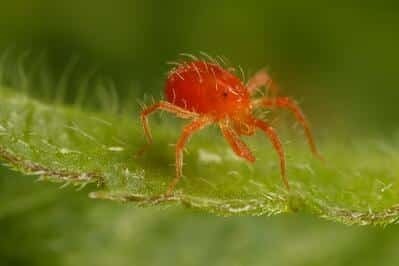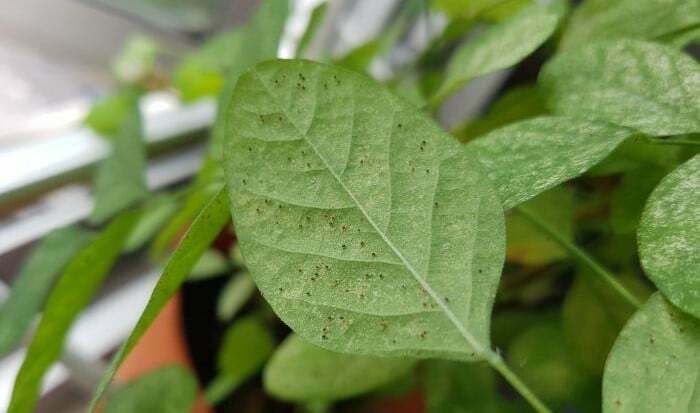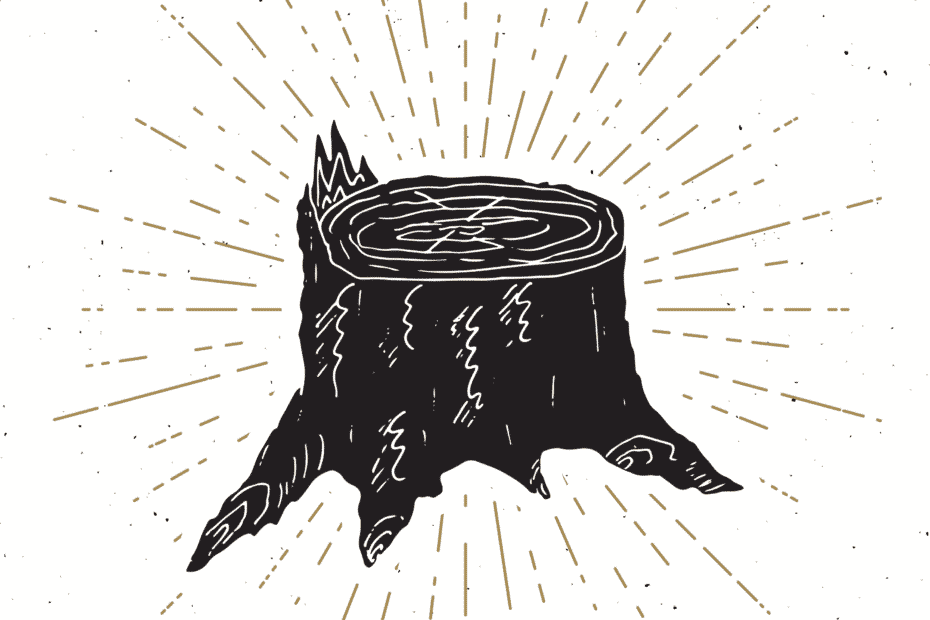WHAT YOU’LL SEE…

Is a general fading of the green color of the leaves of the bush. As damage continues, the leaves will develop a flecked or stippled pattern. Excessive damage will cause the leaves to have a bronzed appearance, and may die. Place a piece of white paper beneath a branch that you suspect may have a problem with mites. Shake the branch over the paper. Tilt the debris off the paper then wipe your fingers across the sheet. The green, brown, or red smears will indicate if you have a mite problem. Little red spiders that move fast and are still visible to the naked eye are predatory Mites and are beneficial insects you should not harm.
THE REASON FOR THE PROBLEM…
Is a tiny 6-legged spider that can feed on many kinds of plants. They suck the juices out of shrubs, bushes and some trees. There are about a dozen different kinds of mites that are damaging to woody ornamentals. Most mite populations will rapidly build up a population during hot weather. Mites can grow from egg stage to adults in only about 5 days, making prevention very difficult. This is especially true since some species can have as many as 10 or more generations per season.

THE BEST WAYS TO CONTROL THIS PROBLEM…
Is to maintain cooler plant temperatures through proper irrigation and shade tree installation. The egg stage of some species will also be controlled by this application. Close monitoring of damage and mite populations will indicate whether or not further steps are required. An effective option for you is to use your garden hose and wet the entire bush daily if the plants are located against brick or within a rock bed where heat can build up quickly. This will destroy the webs, foster biological controls, and help minimize populations.

OTHER OPTIONS AVAILABLE TO YOU…
Include an application of a Miticide combined with an Ovicide for egg control during the heat of the summer to affected bushes. One application may not completely control an entire population but will greatly reduce the damage. Because of the many generations of this pest, follow-up applications may be required. HOME

No comments:
Post a Comment